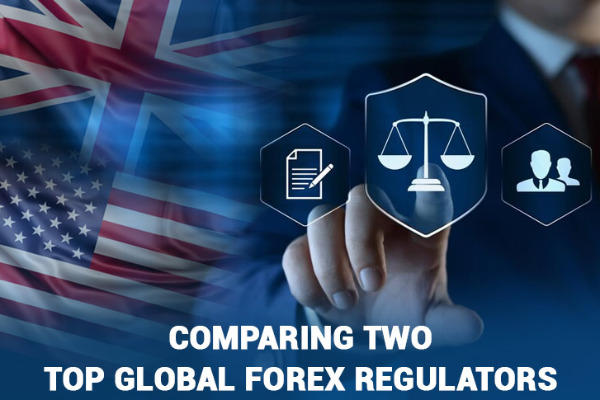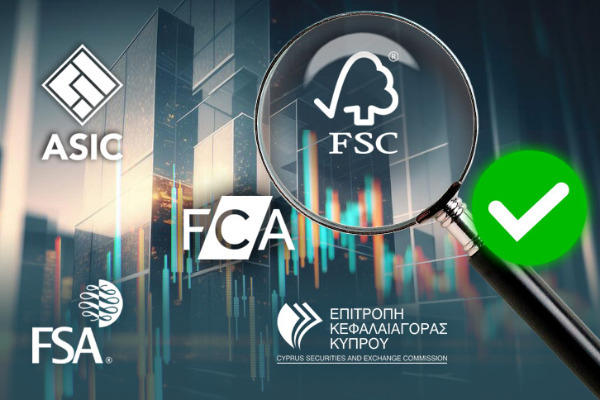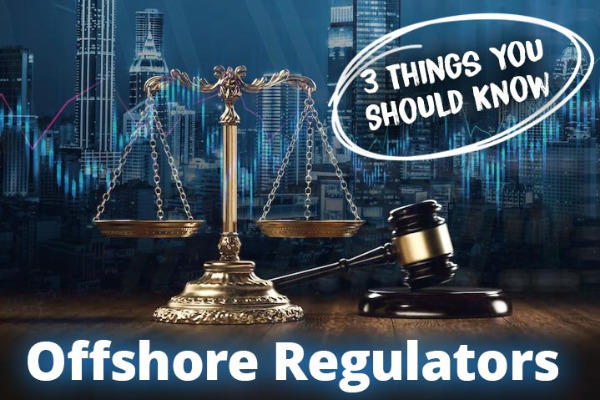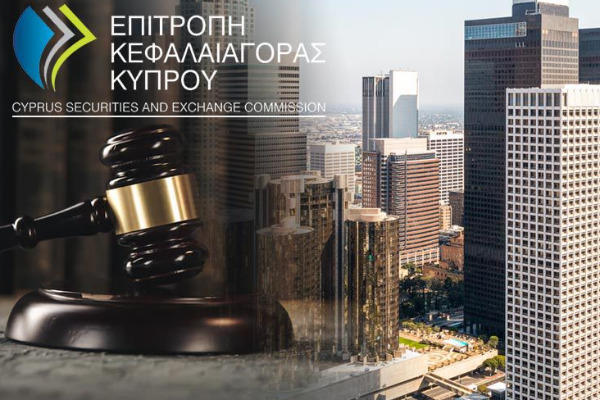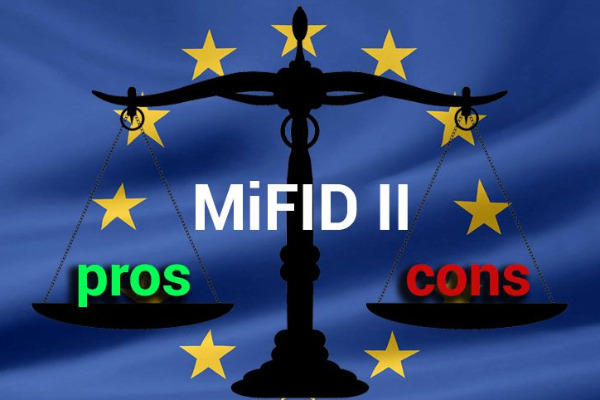Gibraltar status as an EU constituent member put it as an interesting offshore forex jurisdiction. How does it stand amongst other tax havens and what sets its regulation apart from other FSC agencies?
Under the provisions of the Treaty of Rome related to European dependent territories, Gibraltar formally joined the European Economic Community along with the United Kingdom in 1973. By doing so, Gibraltar became an inseparable part of the European Union as a Special Member State territory. However, the country is able to maintain its status of exclusion from the Common external tariff, the Common Agricultural Policy, and the requirement to levy Value added tax.
In short, with Gibraltar status as an EU constituent member under the Special Member State Territory in a British Overseas Territory, it is extremely popular among the international business community as a tax haven country. Gibraltar is well known in the business community and multinational corporations for providing a tax-free jurisdiction.

Table of Contents
Taxation System in Gibraltar
Taking reference from the International Finance Centre, Gibraltar was one of 35 jurisdictions identified by the Organisation for Economic Co-operation and Development (OECD) as a tax haven country by June 2000. The tax-free environment essentially catapulted Gibraltar's status as an investor's paradise.
Even better, since the country is supported by strategic geographic location and close proximity to major European economies, Gibraltar becomes a highly suitable destination for companies to capture the highly lucrative EU markets.
Yet, after having made a commitment in accordance with the OECD's 2001 Progress Report on the OECD's Project on Harmful Tax Practices, Gibraltar is then removed from OECD's list of uncooperative tax havens countries. It also has never been listed on any FATF Blacklist of uncooperative countries, whose mission is to fight against money laundering.
However, in OECD's April 2009 Progress Report, Gibraltar is listed as a jurisdiction which "committed but had yet to substantially implemented" the internationally agreed tax standard. As a countermeasure, Gibraltar signed 12 additional Tax Information Exchange Agreements (TIEAs) in October 2009, along with a few other jurisdictions such as the UK, the US, and Germany, consisting of a total of 13 jurisdictions participating in the agreement.
This action allows Gibraltar to be listed in the OECD "white list". Meaning Gibraltar is considered to be a jurisdiction that has substantially implemented the tax standard. Since then, Gibraltar shares the same status and benefit as other OECD member states such as the UK, the US, Spain, or Germany.
Fiscal advantages, including no tax on capital income, are offered to a maximum of 8,464 offshore qualified companies incorporated in Gibraltar. Unfortunately, several reformations and the influence of the European Union on Gibraltar's ruling policies over the years have caused Gibraltar to be slowly demoted from the status as a tax haven country.
At first, every company in the country could benefit from a zero tax policy. But as time passes, the Government then decided to introduce a new 10% flat rate for the corporate tax system. This new system is universal, meaning it did not exclude any entities. Nevertheless, Gibraltar continues to be home for large financial companies and is still considered to be an attractive investment destination for businessmen and venture capitalists.
In addition, Gibraltar has been initiating ongoing dialogues with the British Monarch and the Spanish Government over the country status of independence, causing its fame as a tax haven country no longer valid. Currently, Gibraltar is governed by a democratic parliament under the British constitutional monarchy that directly reports to Queen Elizabeth II.
Gibraltar Reputation among Offshore Financial Services
Gibraltar has a well-regulated financial sector. In 2007, IMF published a report on the regulatory environment and anti-money laundering in Gibraltar. The report endorsed Gibraltar's robust regulatory environment and publicly compliment the regulatory agency.
The report stated that the authorities were really concerned and prioritized protecting the reputation and integrity of Gibraltar as a financial center, and were cognizant of the importance of adopting and applying international regulatory standards and best supervisory practices. The report also commended Gibraltar for its good reputation internationally for cooperation and information sharing.
In 2008, Gibraltar was listed in the Global Financial Centres Index published by the City of London Corporation. They were ranked 26th out of 69 leading finance centers around the globe based on an online survey of 1,236 business professionals, who provided a total of 18,878 assessments.
Then in 2011, the Global Financial Centres Index reported that Gibraltar was ranked 63rd in the world, and ranked 8th in the leading offshore financial centers (OFCs). Furthermore, Gibraltar was ranked in the top 20 centers for e-readiness, coming 20th after major capitals and leading global offshore centers.
The Financial Services Commission (FSC)
Gibraltar has established its own financial supervisory agency system, commonly referred to as the Gibraltar Financial Services Commission (GFSC). The GFSC's main function is to regulate and supervise every single financial institution operating within its border, and it is a mandatory requirement for companies that offer financial services in Gibraltar to be a regulated member of the GFSC.
The GFSC plays a critical role in improving business transparency and fair act in the financial sector by working hard to protect Gibraltar's reputation as a safe, secure, and stable financial center. The GFSC primary mission states that their utmost priority is to pursue and increase competitive nature in financial markets, so investors can be protected against losses. This in turn helps Gibraltar portraying an image of security and confidence among companies as well investors.
GFSC forex brokers are regulated in accordance with the MiFID derivatives, combined with particular input from other regulatory agencies, such as the FCA in the UK. This combination then successfully helps GFSC to implement excellent regulatory laws and policies in the financial sector. This means that GFSC can offer a well-regulated investing environment.
GFSC responsibility is not limited to authorizing financial firms inside the country. GFSC is also tasked to supervise and enforce the guidelines by monitoring the conduct of all member companies as well. GFSC will take action against member firms in case they fail to adhere to existing guidelines.
Unlike the other EU regulatory agencies, the GFSC offers a complaint portal for consumers. This portal acts as a system to file complaints about a breach of guidelines conducted by any member firm or even the GFSC itself.
In fact, the GFSC consumer complaint portal is often accessed by investors and the general public to inform the agency about financial scams or instances of consumer abuse.
Regulated Forex Brokers in Gibraltar
Regulated brokers in Gibraltar are required to follow strict regulatory guidelines that are equally imposed on every financial corporation. Unlike most tax havens in the world, Gibraltar is truly one of a kind, especially when we consider the amount of minimum capital, the regulatory requirements, and the responsibility of the brokers to adhere to fair practices.
Since GFSC regulation is directly under the supervision of MiFID and the European regulatory framework, every forex brokers licensed in Gibraltar are allowed to operate without additional licenses in the entire EU as well.
Initially, almost every Forex broker moving to Gibraltar usually had the primary motive of enjoying a unique tax-free environment, while of course maintaining capital gains. However, since the country introduced a new tax structure to incorporate several EU regulations, the amount of profitability for GFSC-regulated brokers has since been reduced.
Nevertheless, Gibraltar still remains a lucrative spot by providing lots of benefits for forex brokers. Starting from attractive incentives on tax as well as an excellent business environment that serves to protect the interests of both companies and investors.
Trading Safely with FSC Regulated Forex Brokers in Gibraltar
GFSC has long been accredited with unique regulatory status in the EU, making the jurisdiction easily considered one of the best offshore financial centers globally. Gibraltar has a strict anti-money laundering policy and a counter-financing of terrorism acts to prevent companies or individuals from carrying out malicious financial deals.
As Gibraltar is slowly transitioning from its previous association as a tax haven country, its reputation in the eyes of brokers and traders who tend to stay away from tax havens is also improving.
In today's market, we believe it may still take some time for the country to earn the same amount of reputation as the other European countries. Traders should be apprehensive about their choice of a broker. Although GFSC has strict policy and regulation, it is still not an organization completely free from scams or financial abuse. Traders needed to perform extensive research before depositing any fund to any GFSC Forex brokers.
Do note that since GFSC is under the MiFID and EU presence, the organization's commitment towards investors' safety is reasonably consistent. They also provide a customer complaint panel in case investors encounter some problems and need to report illegal activities from GFSC regulated brokers. In conclusion, we advise you to keep your options open and choose your broker wisely.

 Dedicated FREE FOREX VPS
Dedicated FREE FOREX VPS Free FOREX Virtual Private Server
Free FOREX Virtual Private Server MT4 Demo Contest, Get $500
MT4 Demo Contest, Get $500 Sign Up for an Account, Claim 60% Deposit Bonus
Sign Up for an Account, Claim 60% Deposit Bonus Free MT4/MT5 VPS 2024
Free MT4/MT5 VPS 2024 Send E-mail and Get Free Merchandise
Send E-mail and Get Free Merchandise $1K Refer a Friend Bonus for Pepperstone Pro clients
$1K Refer a Friend Bonus for Pepperstone Pro clients Maximize Your Earnings with 100% Deposit bonus
Maximize Your Earnings with 100% Deposit bonus Trade to Win, $5,000 Monthly Demo Contest
Trade to Win, $5,000 Monthly Demo Contest Claim 30% + 15% Deposit Bonus from LiteFinance
Claim 30% + 15% Deposit Bonus from LiteFinance

